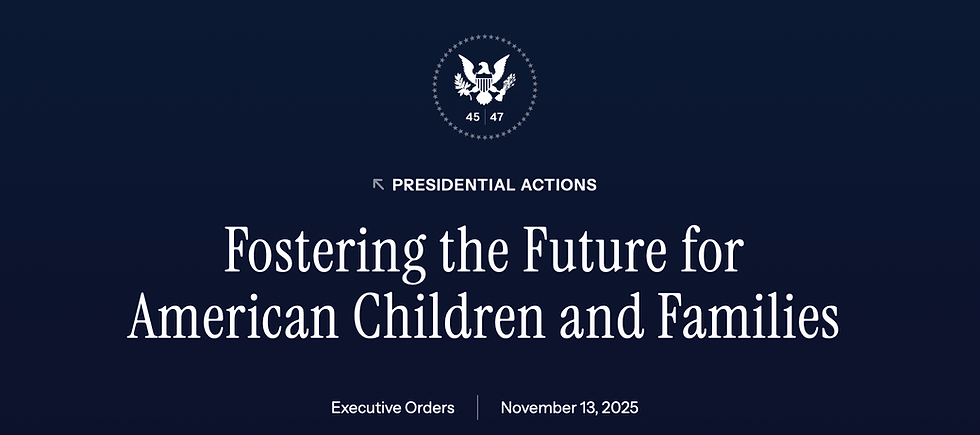The Unsettling Impact of Social Technology on Human Interactions and Bonding
- crystalrenouf
- Dec 1, 2023
- 2 min read
Updated: Dec 11, 2023

In the contemporary world, social technology, encompassing social media platforms, online gaming, and digital communication tools, has become an integral part of our daily lives. While it has undeniably offered us immense benefits, there are growing concerns about its adverse effects on our ability to form and maintain substantive human bonds. This article will explore the specific ways in which social technology is impeding our socialization processes and diluting the quality of our relationships.
The first area of concern is the 'illusion of connectedness' that social technology fosters. Platforms such as Facebook, Instagram, and Twitter allow us to connect with thousands of people worldwide. However, the depth and quality of these connections often remain superficial. We exchange likes, comments, and emojis, mistaking these interactions for genuine bonding. In reality, these exchanges lack the emotional depth and intimacy inherent in face-to-face interactions, leading to shallow relationships, all the while replacing realistic ones, because the time that we spend trying to create these superficial relationships is time that could be spent enhancing our "true connections."
Secondly, social technology significantly impacts our communication skills. The rise of text-based communication has reduced the frequency of verbal conversations. Emoticons and GIFs are replacing the nuances of tone, facial expressions, and body language, which are crucial elements of effective and empathetic communication. This shift is gradually eroding our ability to understand and interpret these non-verbal cues, which are integral to forming deep, meaningful bonds.
Next, the addictive nature of social technology is known to foster isolation. While users may feel connected to the world, they often find themselves physically isolated, engrossed in their digital devices. This isolation can lead to neglect of real-world relationships, thus promoting loneliness and reducing opportunities for genuine bonding.
Moreover, social technology is contributing to the rise of comparison culture. Users often feel pressured to portray 'perfect' lives, leading to feelings of inadequacy and isolation among those who believe they cannot measure up. This constant comparison hampers genuine bonding as individuals are less likely to open up about their struggles and vulnerabilities.
Lastly, the issue of cyberbullying within online spaces cannot be overlooked. The relative anonymity provided by social platforms often emboldens cyberbullies, leading to harmful environments that can damage relationships and deter users from forming new bonds. Children are growing up in a digital realm where bullying is accepted and praised, grown adults mocking each other all over platforms such as Twitter. Peoples differences in one form or another are being mocked and represented in negative light, fostering environments for hatred instead of peace.
In conclusion, while social technology has revolutionized the way we communicate, it is essential to remain cognizant of its potential repercussions on our social bonding abilities. The challenge lies in leveraging these tools for meaningful connection while mitigating their negative impacts.





Comments